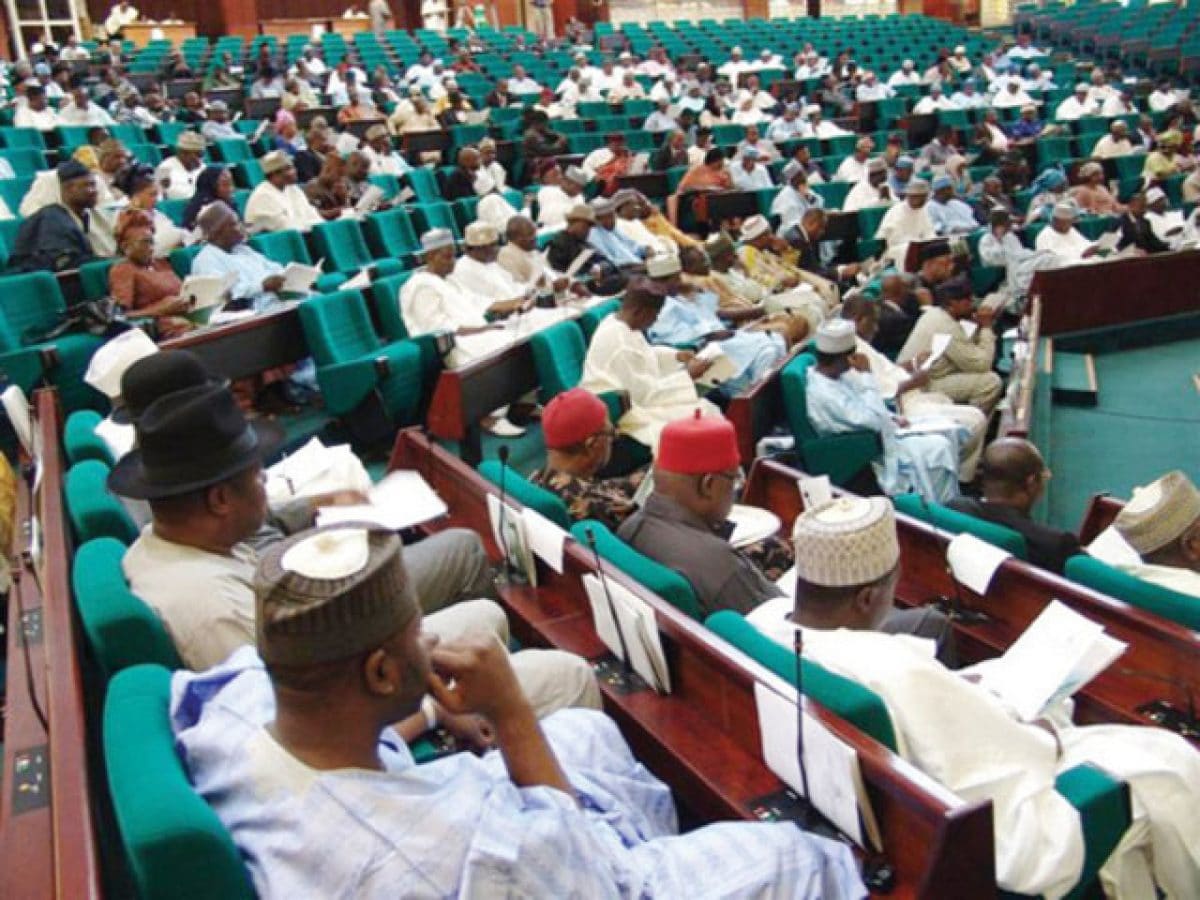The idea to form Northern Governors Forum, NGF was put on a pedestal at the beginning of the last decade to provide platform for designing and prosecuting basic policies for moving the Region forward.
There was then an urgent need to accelerate its pace of development so that it can swiftly catch up with other regions of the federation. The initiative was to also correct the impression other Nigerians held about the region and its people, presumably due to the unfounded prejudices about ethnicity and religious differences.
Sadly enough, the governors of the area, instead of striving to promote the ideals that necessitated the setting up of the forum, had simply succumbed to the discordant forces, within and outside the country that polarized them effectively. As a result they have distanced themselves from their peoples and are totally indifferent about their depressing predicaments. Accordingly the governors became desperate, unable to solve or mitigate problems that squarely confront the region.
If there had been cohesion among the Northern governors who work at cross purposes with each other the North would have long ago overcome its difficulties; its people would have bid farewell to the touchy issues that demonize it; and the troubles that obstruct progress, prohibiting the region from catching up with its counterparts in the federation would have been overcome. It can now be rightly argued that there has not been any tangible progress attributable to the North’s strides to greatness.
Politicians are still dishing out simplistic and pedestrian promises similar to those of the Sardauna-era, such as supply of potable water, electricity, motorable roads, primary schools and hospitals, a situation that had hindered the region’s evolution to the status of an industrialized polity which undertakes the manufacture of aircraft, paraphernalia for heavy industries and large-scale manufacture of essential commodities for local consumption as well as for export to generate much-needed foreign exchange.
The many woes of the North were amplified and sustained by poor leadership quality which was incapable of rising to challenges whenever they are manifested. Calamities have beset the region in quick succession, each quite unfavorable and more harmful than the preceding one with the ordinary folks at the receiving end. Yet the Northern leadership remained indifferent, totally unwilling to be involved in attempts to ward off these sets of unfortunate circumstances because politicians pander to the whims of their enemies.
The North is presently mired in a very difficult situation which is not easy to escape from, and yet its leaders have not discerned any ominous sign which they ought to interpret and take necessary measures to forestall the frightening experiences it could engender.
They have failed to apprehend how the terrible disunity among them had stalled the region’s progress with the majority of its citizens wallowing in abject poverty occasioned by pervasive unemployment and the absence of necessary means of subsistence. That explains why the North had become like proverbial Siberia which everyone knows where it is, but nobody wants to go there.
Besides, some of the Northern Governors have shut their eyes and ears, thus ignoring calls for redemption and appeals for succor from their abandoned people who had been exposed to devastating terrorism and persistent unrests which desecrate their land and religion.
Nothing had been done to save them from spiteful cattle hustlers who violate the sanctity of their existence with impunity. Nobody cares to protect them from the exploitative ruthlessness of tax extortionists along trading routes during their frequent journeys to the south with cattle or assorted farm produce. Nevertheless, it is only fairly recently some Northern governors have begun to focus their attention, rather belatedly, on these unfortunate occurrences.
The governors have convened a meeting last week in Kaduna, attended by a handful of them, during which they had almost reluctantly and tardily discussed some of the troublesome issues afflicting the North which included sectarian strife and ethnic conflicts in addition to widespread terrorism and political unrests.
But, Alas! The governors’ approach was akin to applying medicine after death. Their attempt was half-hearted, coming after the battle against terrorism in the North-eastern was almost lost because of their apathetic disposition. Everyone had expected they would hit the iron when it was hot because they had all it takes to bring these ugly situations in their region under firm control, but they didn’t.
The protracted delay by members of the NGF, arising mainly from their indifference, had hastened the transformation of the incipient Boko Haram terror group into a more frightening, indomitable and devastating fighting force. Even now the recent easygoing attempt to find solutions to these problems is being questioned by the people who had almost lost hope in the ability of their country to defend them.
The task before the NGF of uniting the North must therefore entail plans for ending the social malaise that inhibit rapid progress of the area and must also involve genuine attempts to foster political unity among its members who must be prepared to turn their backs to the region’s detractors. It may after all not be too late to make amend.



